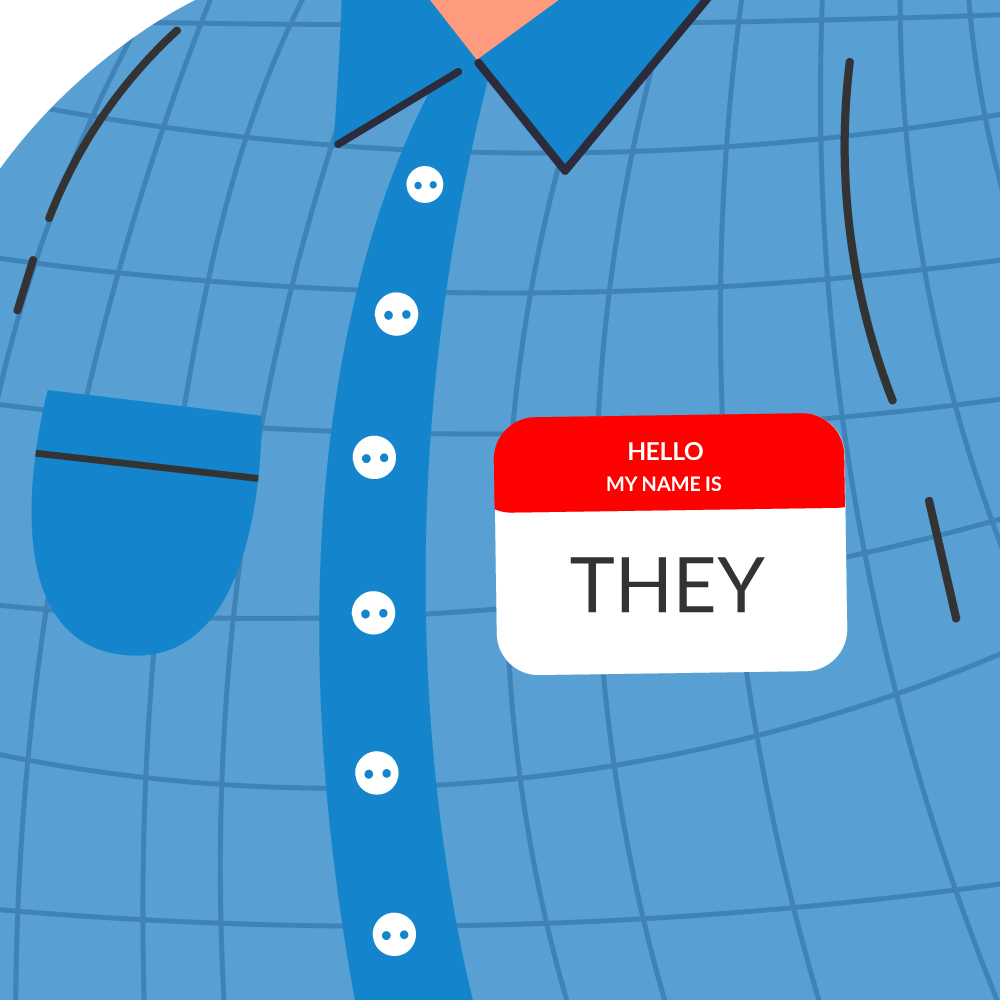
In the U.S. presidential election this month, the first openly transgender woman, Sarah McBride, won a seat in the Delaware State Senate. It’s a milestone for diversity and one that has an impact on our work as writers and editors. Striving to ensure the equality of men and women in professional writing is not new for editors. Using the masculine form as a default is likely to offend readers, for example. Editing for gender inclusivity for all people, however, is a relatively recent style responsibility.
Some background
It is now generally known that sex and gender are different. According to a 2017 article in Scientific American, “The New Science of Sex and Gender,” sex refers to “biological traits” whereas gender refers to “social identity.”
Passed in June 2017, Bill C-16 added the words “gender identity or expression” to the Canadian Human Rights Act. Gender identity or expression is now protected from discrimination under that act and has been added to the Criminal Code under hate speech, hate crimes and sentencing.
Valuing everyone across the gender spectrum
It’s good practice for editors to use neutral language that avoids references to gender as much as possible to avoid alienating readers. You can’t always assume correctly which gender a person identifies with based on their name or appearance. Gender-inclusive language includes pronouns.
Gender as it is expressed through pronouns is a matter of respect. Some gender-inclusive writing techniques include being guided by individual preference; repeating the subject instead of using a pronoun (e.g., “the employee”); using the plural; using the singular “they” and its other forms; or “he/she” in some cases.
Be an ally for inclusiveness
Some people’s gender identity, or gender expression, is non-binary (not exclusively male or female). You may not know which pronoun to use or how to address them. So, in the case of pronouns, it is best to ask what the personal preferences are of the people concerned. The website MyPronouns.org encourages people to “share their pronouns” and provides additional resources to explain why pronouns matter. Be sure to watch the videos of personal stories on the website.
If you want to make your preference clear, you can always add the pronouns you use to your signature block: “she/her,” “he/his” or “they/their.” There are other options such as “ze” and “zey.” You can inform others which pronouns you use and ask them to share their own pronouns.
Misusing pronouns
Using the correct personal pronoun indicates respect. “Even non-editors know it’s rude to call someone something they don’t want to be called,” wrote James Harbeck in a post for this blog.
It is unlikely to be considered a crime to misuse a pronoun unless it can be proven that the misgendering intended to discriminate or promote or incite hatred. Nevertheless, in addition to being inaccurate, misusing a pronoun can be hurtful. Again, MyPronouns.org offers some information on how to act in the event of an error.
McBride once lauded Beau Biden (who was Delaware Attorney General at the time) for using her correct name and accurate pronouns. Rather than guess, we should ask what people prefer. In case of doubt, use “they,” “their” and “them” or one of the options described above.
Previous gender-related posts and other resources
Here’s a look back at the discussion in this blog:
- The Singular “They” — Conjugations and Some Particularities
- A list of singular “they” articles compiled by Gael Spivak
- Pink, Blue and the Singular “They”
- English Editing in Quebec: All About Gender
- Calling Them What They Want
- Wasted Words: Quarelling With Pronouns
___
Previous post from Barbara McClintock: Emergency Linguistics: The Translation of Public Health Information in Emergency Situations
The Editors’ Weekly is the official blog of Editors Canada. Contact us.
Discover more from The Editors' Weekly
Subscribe to get the latest posts sent to your email.
